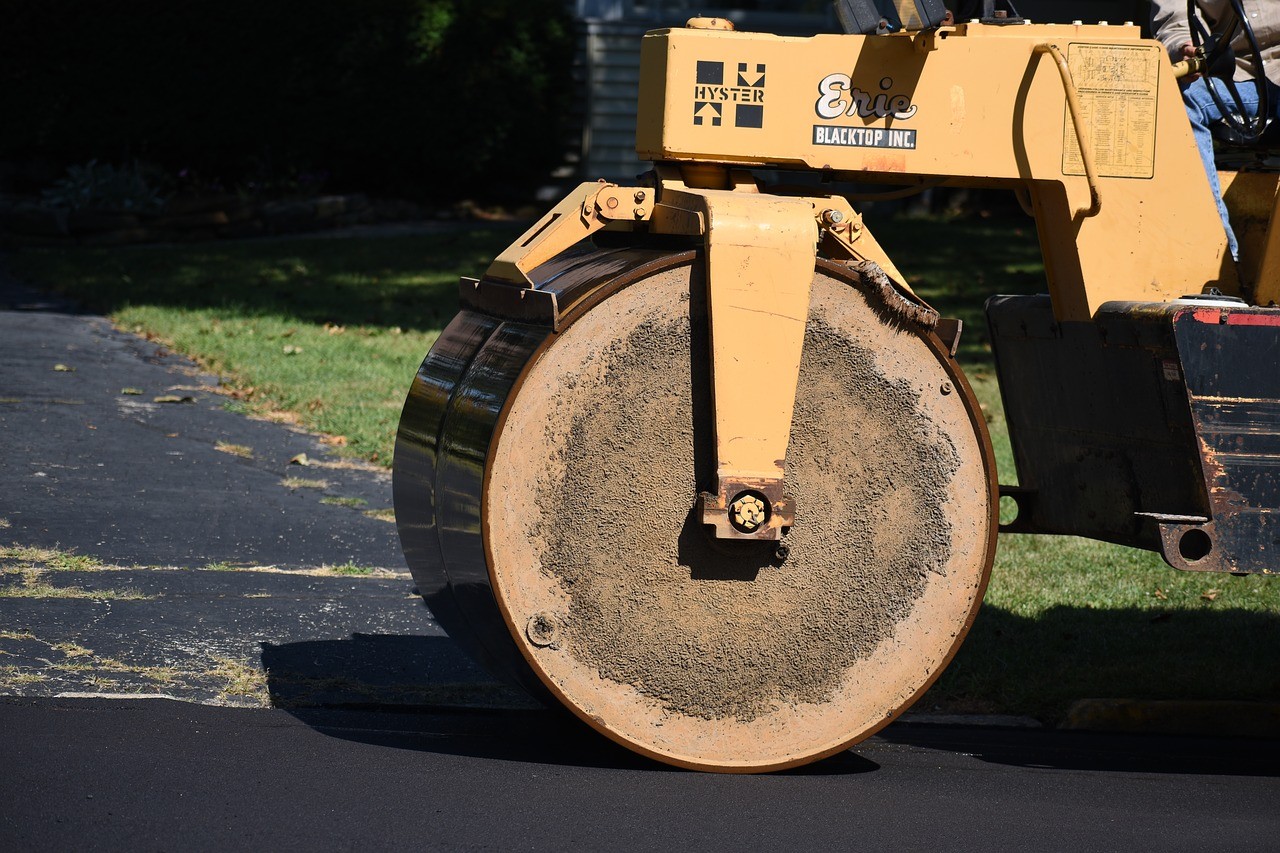High quality asphalt paving - it's in our business name, but what does it mean? There are a lot of factors and expertise behind a professional paving job, and there's a notable difference between high quality and low quality asphalt work. A paving job done right means pavement that will last for many years to come and require less maintenance, meaning more money stays in your pocket. On the other hand, pavement that isn't laid properly may need more regular repairs and earlier replacement.
Our team at High Quality Asphalt & Concrete is made up of paving pros who know what goes into a quality asphalt paving job. Here are some of the top factors.
1. Ensure You Have A Strong Base Foundation
Asphalt isn't simply poured on flat ground. There are sublayers that are crucial to a strong, long-lasting surface that can withstand high amounts of weight and traffic. Typically, an area that's going to be paved should be prepped by removing loose, soft material and replacing it with subgrade and an aggregate base such as compacted rock. This provides crucial stability to support and strengthen the top layer of the pavement, ensuring its ability to handle plenty of traffic.
2. Tailor Your Asphalt Mix To The Application
Asphalt is a mixture of simple ingredients - mainly bitumin and crushed stone - mixed at high heat. Several factors such as the mix ratio of those two ingredients and the heat at which they are mixed and poured impact the final result you get out of the pavement - in fact, the asphalt's strength, longevity, and look are all impacted by the "recipe". Different varieties of asphalt are often used for specific purposes based on the use-case. For example, look at the difference between asphalt and blacktop - standard asphalt, which has less crushed stone and is mixed at lower heat is typically used for major roads and highways due to its durability. Blacktop, on the other hand, is commonly used for lower-traffic applications such as driveways, residential roads and park trails. Using the right asphalt recipe to suit the application is crucial to getting the best end result.
3. Ensure Good Water Drainage
Deterioration of pavement leads to repairs or replacement. And nothing leads to deterioration of asphalt quite like water can. When water is able to get into the base layers and go through freeze/thaw cycles, the pavement is forced to expand, causing cracks or air pockets that eventually turn into potholes. While some deterioration like this is inevitable over the lifetime of an asphalt surface, they can be minimized via good drainage. Quality asphalt paving work involves ensuring good sloping of the surface so that water can easily drain, rather than pooling in areas which can happen when the surface isn't sloped well.
4. Line Up Your Pavement Transition Areas
Paving jobs often involve laying a new surface in relation to other paved elements - this could be other sections of road, curbs, drains, etc. Being diligent to ensure your new asphalt smoothly lines up with any of these pavement transition areas is crucial to ensuring good transfer of weight and water drainage. As such, it's an important piece to a quality paving job.
5. Ensure Proper Thickness To Meet Traffic Demand
The thickness of an asphalt pavement relates directly to its strength and durability. This means that higher-demand applications such as heavily trafficked roads and highways should be thicker than low-traffic situations such as a residential road or driveway. High quality asphalt paving means having the expertise and diligence to closely consider the application of the finished pavement and tailor the thickness to effectively meet the demand, just like with the asphalt mix.
Conclusion
No matter the needs of your residential or commercial paving project, the true-fire way to make sure you end up with quality pavement is to hire local experts with a proven track record of success. When you're ready to call in the pros for high quality asphalt paving, High Quality Asphalt & Concrete is the company to call. Heck, it's in the name.
